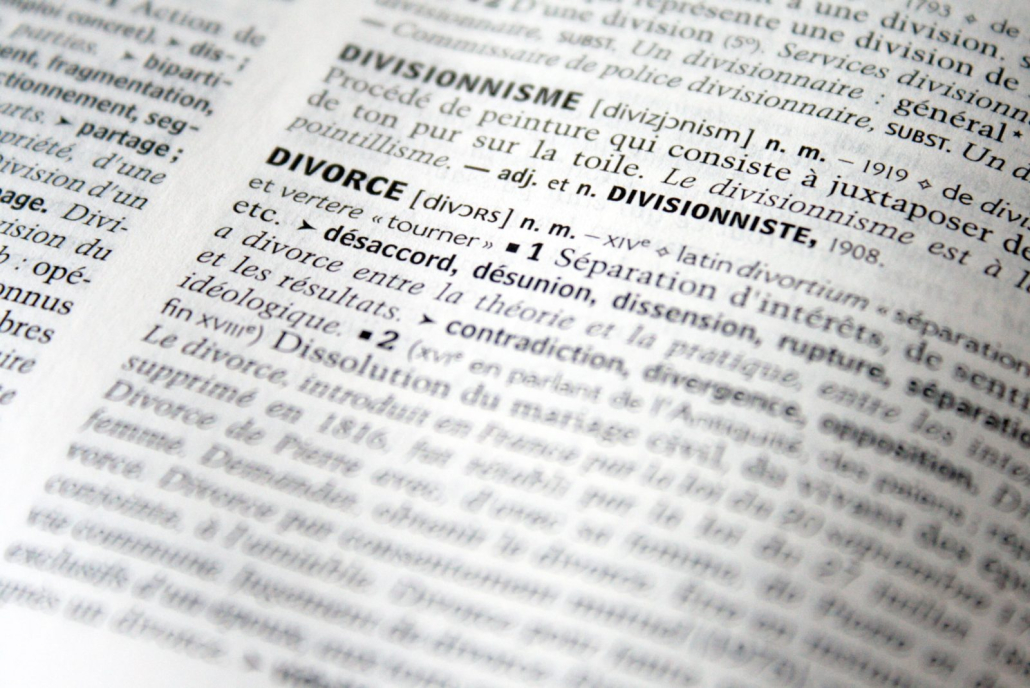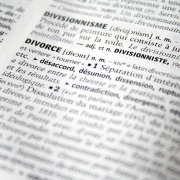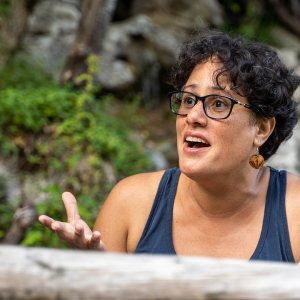DIY Divorce Through Mediation
No one gets married with the intent to eventually get divorced, but it happens. And it’s almost always both a difficult decision and a difficult process — especially if you and your spouse have fundamental issues that you can’t resolve on your own, like child custody, finances, and division of property.
Fortunately, if both parties are open to an alternative solution, DIY divorce mediation can be an alternative that will cost you less time, less money, and less stress.

What is Divorce Mediation?
In divorce mediation, you and your spouse meet with a trained, impartial mediator to confidentially discuss and resolve the issues in your divorce. While the mediators don’t make decisions or offer legal advice, they’re trained to help both sides resolve the dispute in a mutually beneficial way.
The benefits of divorce mediation include:
Cost: Mediation is a much less expensive option. Going to court to settle your divorce can cost anywhere from an average of $11,300 to more than $20,000, with the average divorce attorney fees being a staggering $11,000.
Time: Whereas the average divorce settled in court can take between a year to more than 18 months, divorce mediation can be done on your schedule, and completed in an average of 45 days.
Settlements: Unlike in court where someone has to “lose”, 80% of divorce mediations end in an agreement, which is a win/win for both parties involved.
Control: With mediation, the court won’t control the terms of your agreement. Instead you have the freedom to work together on a solution based on what both sides feel is fair.
Communication: If you have children from the marriage, mediation can teach you skills to keep the lines of communication open and civil going forward. This helps avoid future conflicts and disruption to your children’s lives and routines.
How to Prepare for DIY Divorce Mediation
Conflict Resolution Services will help prepare you for the mediation session by asking you to gather some items before the session, which can include:
- A list of assets, debts, and marital property
- Financial statements
- Property statements
- Key topics you want to ensure are covered in the session
What Will be Discussed in Divorce Mediation?
While each case will have its own specific issues to be resolved, standard tenants for divorce mediation can include:
- Marital property division and debt allocation
- Retirement account division
- Spousal support
- Child custody
- Child support
- Insurance coverage.
- Future communication
- Any issues unique to your situation
The Process for Divorce Mediation
Most divorce mediation sessions will follow the general mediation process you can read about here, but there are certain aspects that are included specifically for domestic relations mediation.
Before Mediation
Before the actual mediation session, you will be asked to provide a brief summary of the issues involved in your divorce. This information will be shared with your mediator so that they have any necessary background information about your marriage, your family, and the issues that you’re hoping to get resolved in your divorce.
During Mediation
As mentioned, there will be aspects of the mediation process specific to your domestic situation. Both you and your spouse will have equal opportunity to give a brief overview of your side of the dispute. After you’ve both had your time, the mediator will ask any questions necessary to clarify certain points and issues brought up, and then summarize both sides to confirm everyone is on the same page.
The next step will be to discuss the issues related to your divorce that are mentioned in the section above. What’s important to remember is that in order for mediation to be successful, both sides have to be open to listening to and trying to understand your spouse’s point of view. You don’t have to agree — you are getting divorced, after all — but you do have to be open to compromise so that both parties can come to a mutually beneficial resolution.
The length of your mediation will depend largely on how long it takes to finish the negotiations between you and your spouse. If there are issues you aren’t able to resolve in mediation, you’ll either have to agree to address them at a later date or take them to court.
Completing the Agreement
When you finish negotiations, the mediator will write up an agreement that includes all the issues resolved during the mediation. Once it’s signed by you and your spouse, it becomes a legally binding agreement. However, you do still have to file the divorce paperwork with the court — your signed agreement will be a part of the final divorce order, and the terms of that agreement are enforceable by the courts.
Are You Ready for Divorce Mediation?
At Conflict Resolution Services, we know that divorce is a stressful event, and our mediators are extensively trained to work with both parties to foster calm, focused conversations that get to the core of the issue. We acknowledge that every situation is unique, and we have a variety of techniques and skills that can help both sides find common ground in a non-confrontational, balanced way that gives you a foundation for your future going forward.
When you’re ready to take the next step, contact Conflict Resolution Services at 231-941-5835 or casemanager@crsmediationtc.org.



